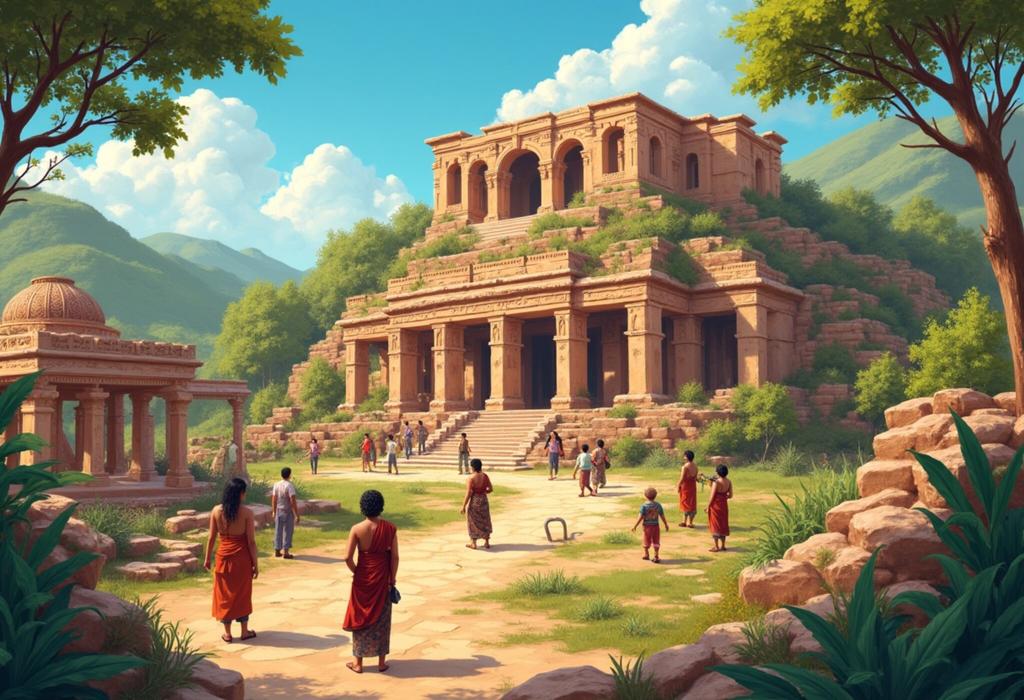For more details on this content, please review the step-by-step guide and frequently asked questions.
The Forgotten City of Petra: A Historical Enigma

Step-by-Step Guide
Understanding Petra's Historical Context
Petra, also known as the Rose City due to the color of its rock, is an archaeological site in Jordan that dates back to around 5th century BC. This city was a significant trading hub in ancient times, linking various trade routes between the East and West. Understanding this context is crucial to grasping the importance of the city.
Exploring the Architectural Marvels
One of the most remarkable aspects of Petra is its stunning architecture carved into the rock face. Major sites include Al-Khazneh (The Treasury), the Monastery (Ad Deir), and the Roman-style theatre. Visit each site to appreciate the skill involved in creating these wonders and to learn about their historical purposes.
Discovering the Nabateans
Understanding the Nabateans, the people who inhabited Petra, is essential. They were skilled traders and engineers, maintaining a water conduit system that was advanced for its time. Research their customs, language, and economy to gain insights into daily life in Petra.
Exploring Petra’s Water Management System
Study the innovative water management system employed by the Nabateans, which included cisterns, water channels, and aqueducts that allowed them to thrive in an arid environment. This system was instrumental in the city’s prosperity.
Understanding the Cultural Significance
Petra served as a cultural confluence, integrating influences from various civilizations, including Greco-Roman, Egyptian, and Middle Eastern cultures. Explore the art, religion, and architecture that reflects this unique blend.
Examining Petra’s Decline
Investigate the factors that led to the decline of Petra, including changes in trade routes, Roman annexation, and natural disasters. Understanding its decline is as important as recognizing its zenith to appreciate its historical narrative.
Visiting Modern Petra
Plan a visit to modern Petra, as it is a UNESCO World Heritage site and one of the New Seven Wonders of the World. Knowing the best times to visit, entry requirements, and local customs will enhance your experience.
Exploring the Surrounding Environment
The geography surrounding Petra, with its unique rock formations and desert landscape, contributed to the city's mystique. Learn about the flora and fauna in the region and how they thrive in such an environment.
Participating in Educational Programs
Look for educational programs, lectures, and guided tours that delve deeper into Petra’s history and significance. These resources can provide more context and understanding of your visit.
Using Technology to Enhance Understanding
Explore digital resources such as 3D models, documentaries, and virtual tours of Petra to enhance your understanding and appreciation of this historical site before or after your visit.








